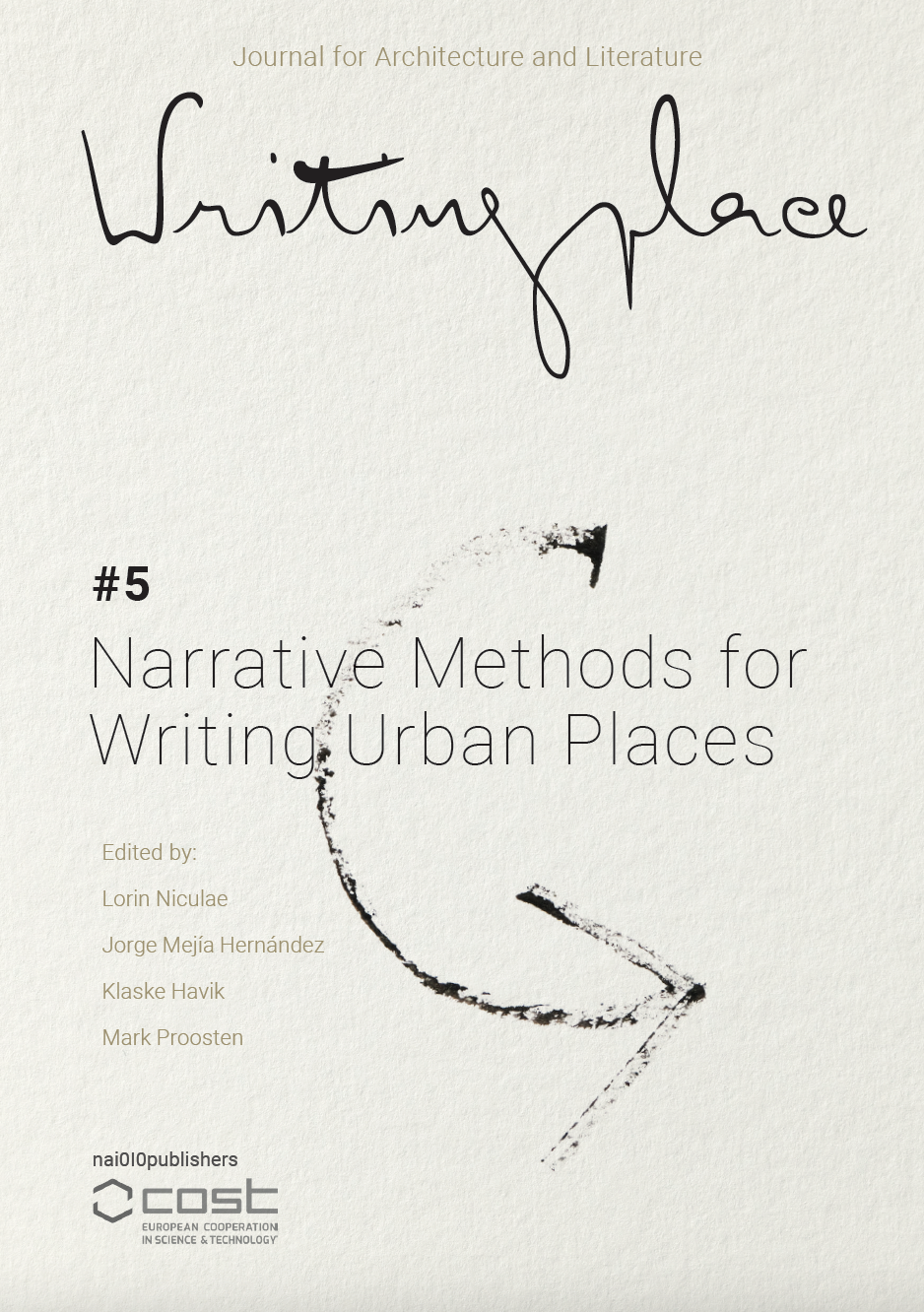How to Speak?
A Conversation with Alberto Perez-Gomez about the Necessity of Language to Understand and Practice Architecture
DOI:
https://doi.org/10.7480/writingplace.5.5880Abstract
Elaborating on a host of historical and theoretical references, in this conversation Alberto Pérez-Gómez suggests a course of action for the development of the architectural discipline; opposing the banality of scientism and rationalism, and recognizing instead the need for a degree of obscurity and ambiguity as essential to the full exercise of our humanity in relation to what we build and inhabit. Metaphors, myths, stories and poems, he notes, are not only useful instruments to represent architecture’s aesthetics and purpose, but elemental human practices that define who we are and how we know. Tense between different polarities, the conversation explores architecture as a way to find sense and meaning by relying on timeless wisdom in the face of the many distractions and distortions that characterize our time.
References
Alberto Pérez-Gómez, Attunement: Architectural Meaning after the Crisis of Modern Science (Cambridge, MA: MIT Press, 2016), 184.
Alberto Pérez-Gómez, Built upon Love: Architectural Longing after Ethics and Aesthetics (MIT Press, 2006).
Alberto Perez-Gomez and Louise Pelletier, Architectural Representation and the Perspective Hinge (Cambridge, MA: MIT Press, 2000).
Downloads
Published
How to Cite
Issue
Section
License
Copyright (c) 2021 Alberto Pérez-Gómez, Lorin Niculae, Jorge Mej a Hern ndez, Klaske Havik

This work is licensed under a Creative Commons Attribution 4.0 International License.



